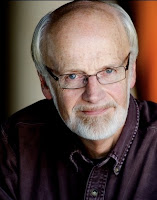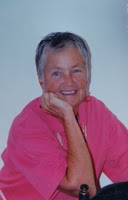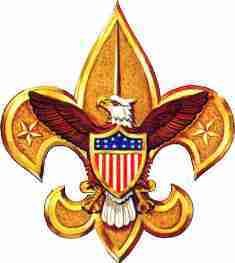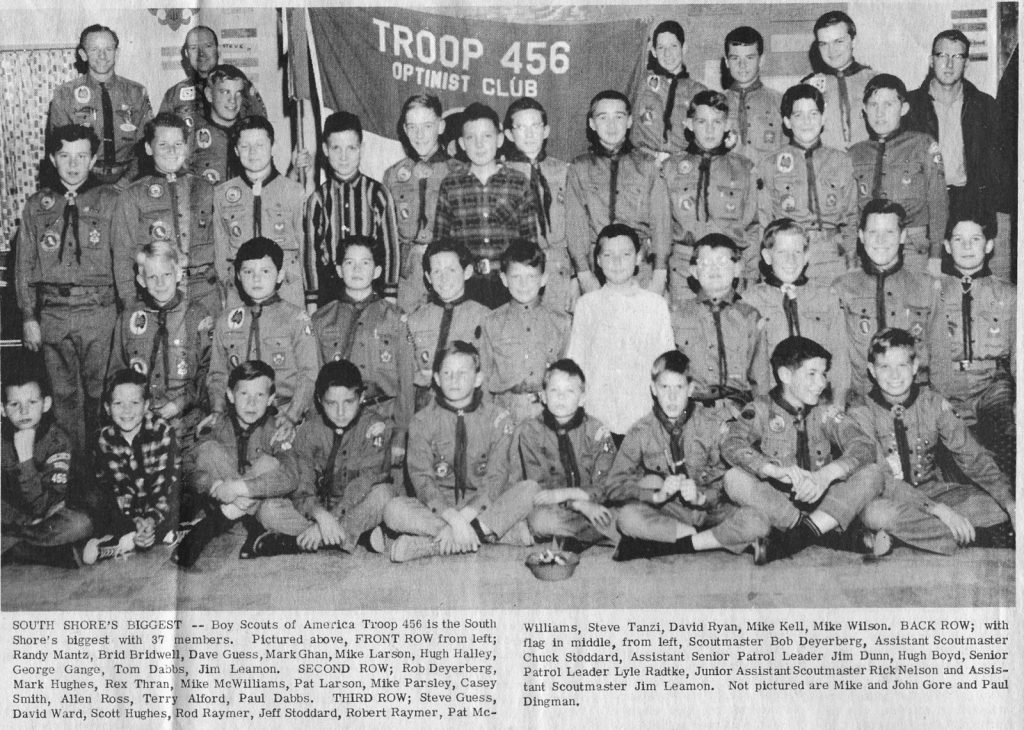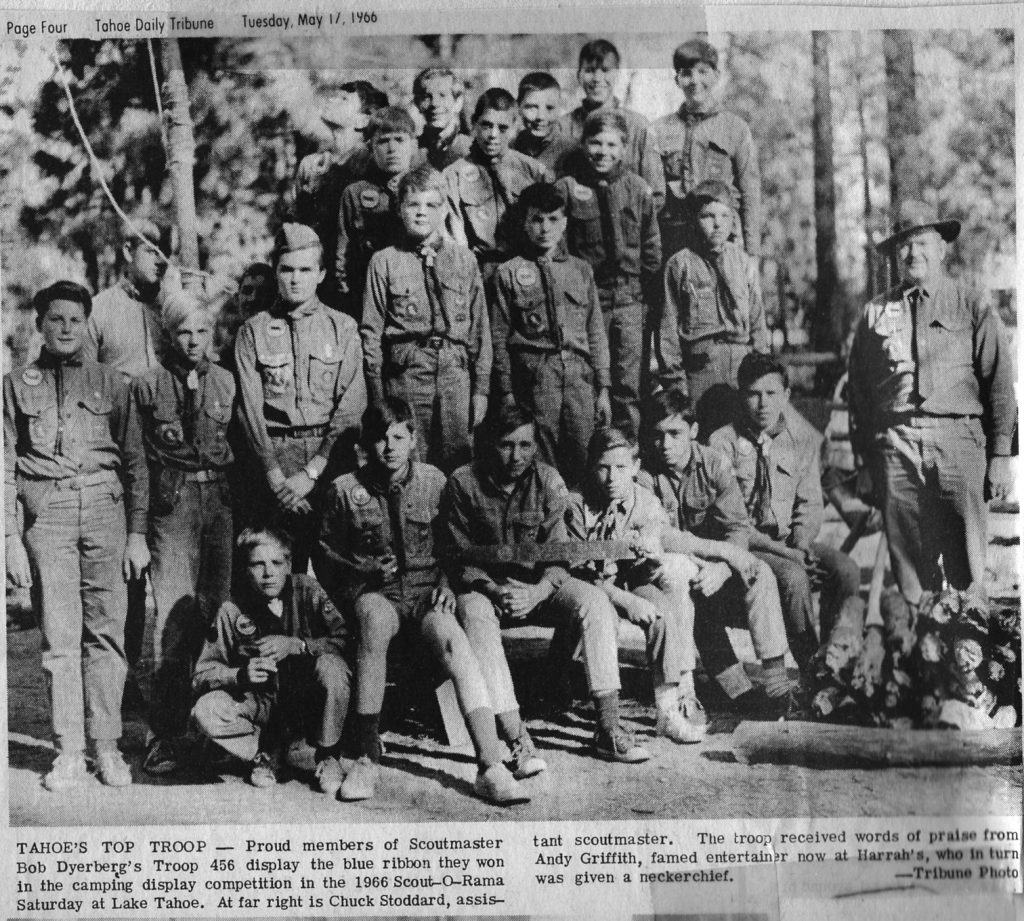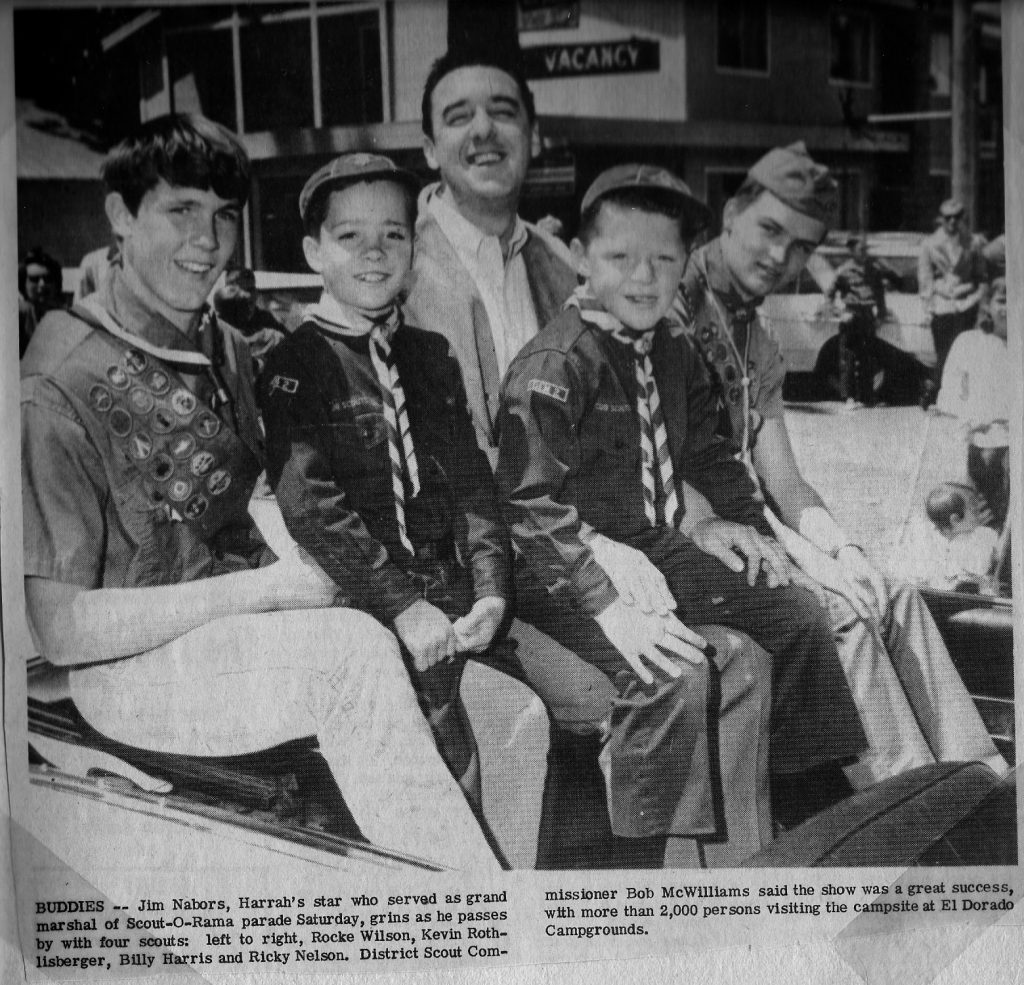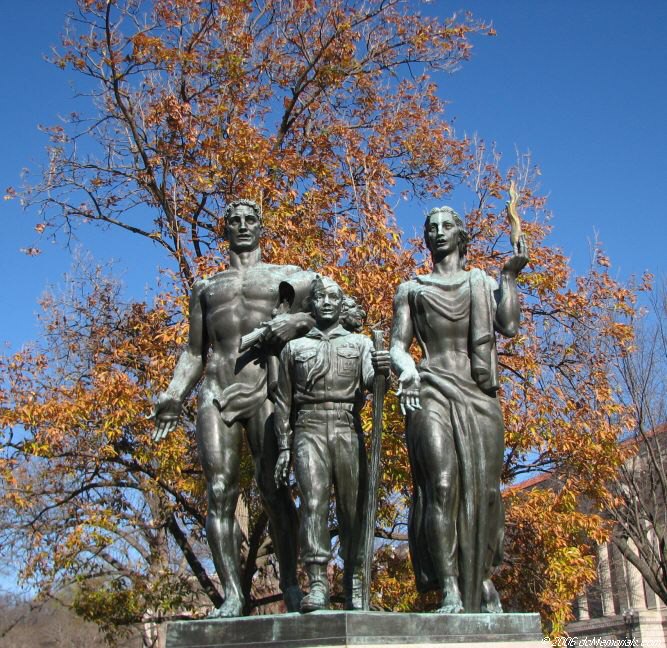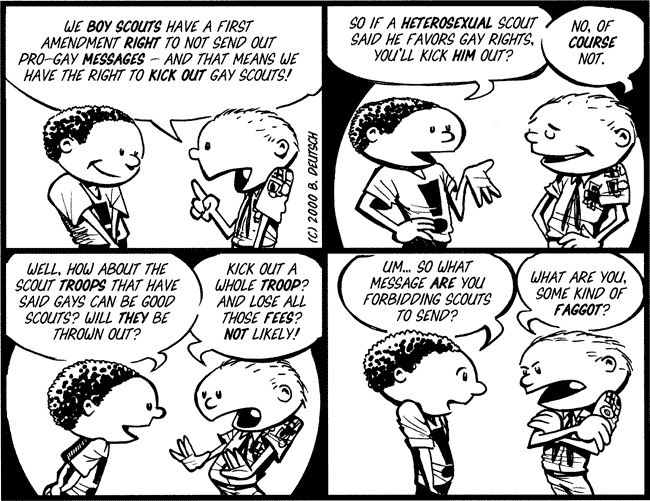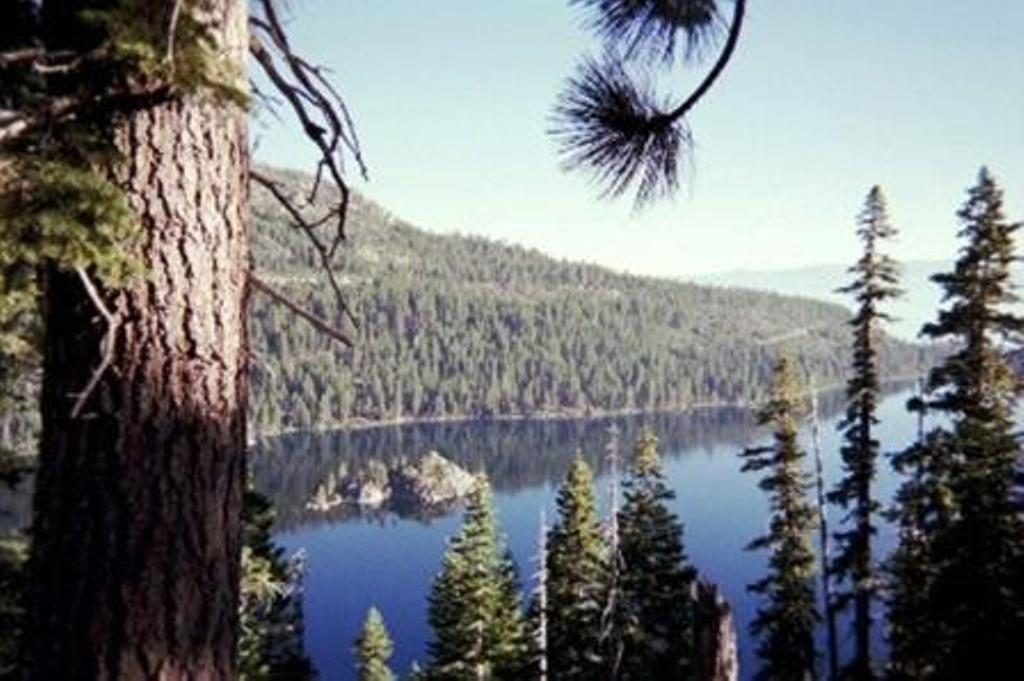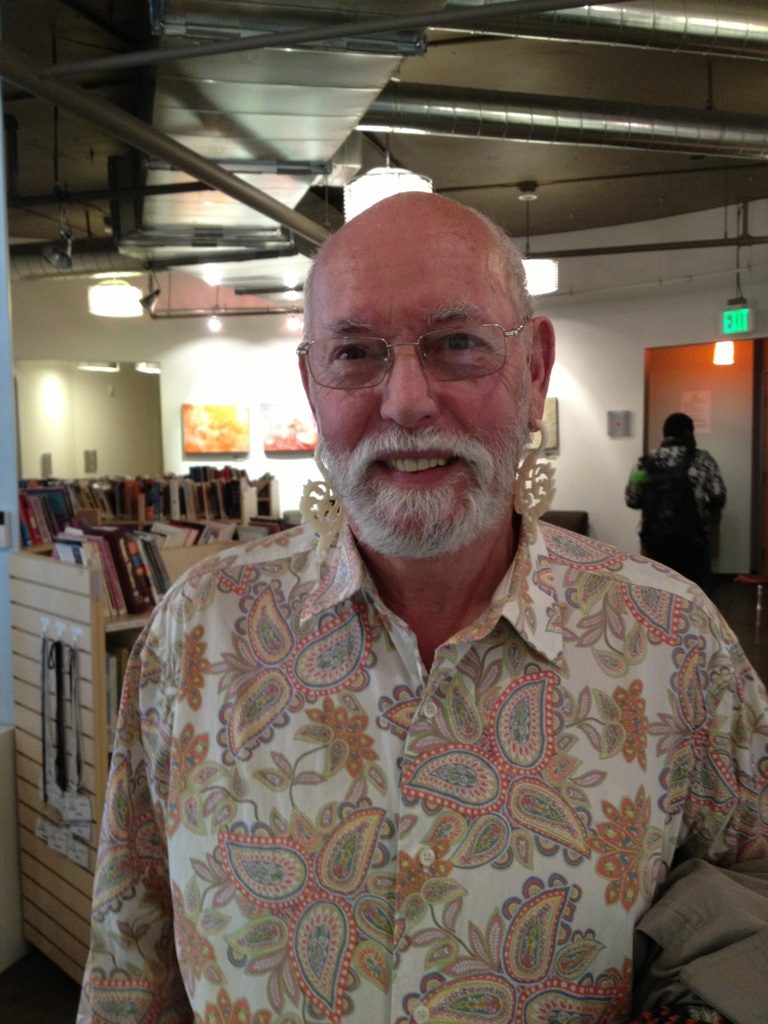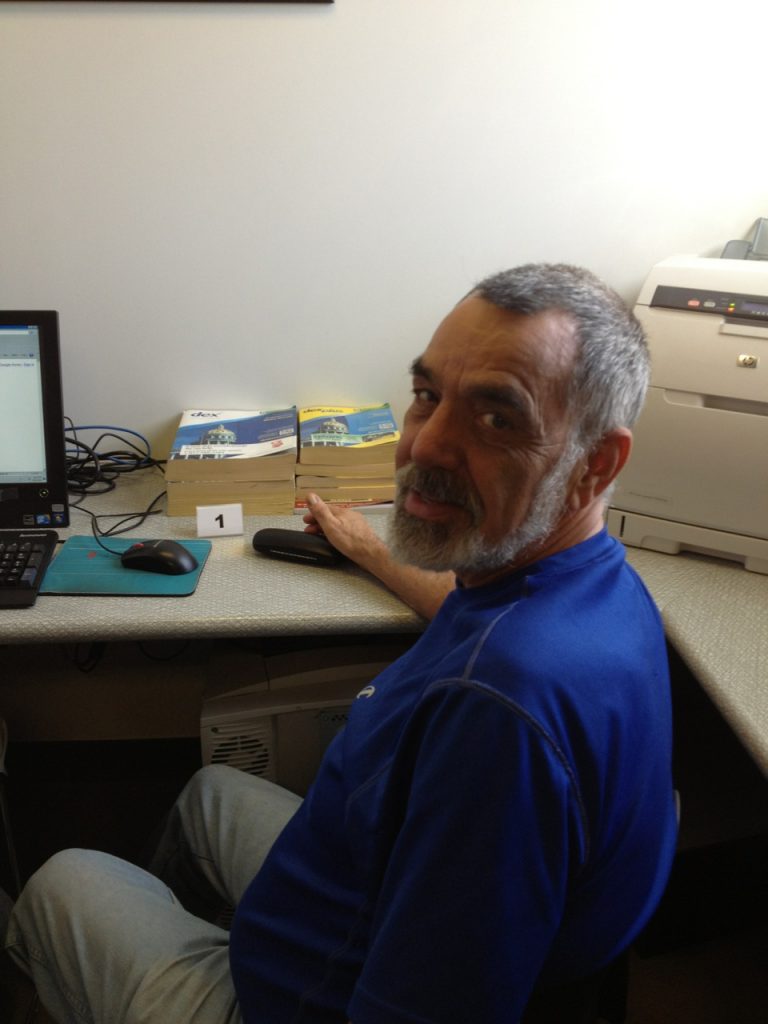What can you tell us about Mayan pottery?
Well . . . as a politician might say . . . I’m glad you asked me that question. Before I answer it, though . . . as a politician might say . . . let me say a few words about the question.
The question is a ruse. A feint. A curveball. If I thought for a moment I had to tackle it verbatim–to actually say something about Mayan pottery–I’d be at a total loss. A question like What can you tell me about Mayan pottery? is not meant to send us running to the library. Or to Google. It doesn’t expect we know much at all about the Mayans, let alone about their pottery. I’m reasonably sure the Mayans had pottery, but to come up with a story for today, I didn’t check. For that matter, they may have had Tupperware, but I didn’t check that either.
Yesterday afternoon (right after the Broncos beat the Ravens) I sat down at my laptop but was completely idea-less. All I felt reasonably sure of was . . .
Ruse. Feint. Curveball. That’s what this topic Mayan pottery is. It’s a prompt, that’s all, Mayan pottery, a prompt to get me thinking–to get me thinking creatively. I’m not a Mesoamerican anthropologist, not even an armchair one, so I might as well, I figured, go off on some fun romp with this topic Mayan pottery.
So, after supper last night, Sunday, I started playing around with anagrams. Pretty quickly I discovered that the two words Mayan pottery do not lend themselves to a mother lode of good anagrams. Twelve letters. Six consonants: m, n, p, t (twice), and r. Four vowels: a (twice), o, and e. And y (twice)–a sometimes vowel trapped inside the body of consonant.
Using the twelve letters that make up Mayan pottery, I started recombining them this way and that, hoping I’d find at least one good anagram–and, in doing so, find an idea for today’s story. Before too long I came up with A Petty Romany, so, I thought, I could make up a story about the lack of generosity among gypsies, about how small-minded gypsies can be. But, without being able to do a lot of research–something, at 9 pm last night, I didn’t have time for–I couldn’t possibly today tell you today much about gypsies, about how stingy or small-minded they are.
So, I looked for another anagram. Trying more rearrangements of the twelve letters of Mayan pottery, I came up with Many Are Potty. I thought, well, rather than saying something politically incorrect about gypsies, I could write something about to how addlebrained most of humanity is. If you’re going to be politically incorrect, you might as well spread the insult around.
Now, you might be thinking–as I was last night–finding the word potty inside of Mayan pottery, couldn’t I come up with an anagram that suggests the other definition of the word potty? Believe me, I tried, for a good half hour, but I came up empty handed. It did cross my mind–even though it wasn’t going to help me with a story–that back in the days before flush toilets, Mayan pottery and Mayan potty may have been synonymous. I could imagine a Mayan guest getting up from the dinner table and saying, “Excuse me, but I need to use your pottery.”
By then it was after 10 o’clock and still I had nothing. I was ready to give up on anagrams, but just as I was about to close my laptop and go off to read a good book, I spotted one last anagram–one that seemed almost too perfect for us: a pretty man. My first thought was: a pretty man, this is too good not to use. But Mayan pottery: twelve letters. A Pretty Man: ten letters. I had two unused letters: a vowel: o, and that questioning letter (sometimes a consonant, sometimes a vowel): y. Only two possible arrangements: y-o: yo. A pretty man, yo. Or o-y: oy. Oy, A Pretty Man. No good. I went to bed.
This morning–only a few hours ago–as I was again sitting at my laptop, I got a phone call from a friend who happens to be a poet and she suggested I look at rhymes for inspiration. I said thanks, but as soon as I was back at my laptop I tried thinking of a rhyme for Mayan pottery. Nothing good popped to mind yelling, Me! Use me! But I had told my friend I’d give rhyme a try and so I went to my rhyming dictionary. There were some close rhymes to pottery, but nothing was perfect. Of course, it was now nearing 9 a.m. and I knew if I had any hope of having a story by 1:30, I had to give up on perfection.
Strawberry? Mayan strawberry? Did I want to write about Mayan strawberries? But as I turned the pages of the rhyming dictionary, I quickly discovered that strawberry, along with a few other three syllable berries, was about it for close rhymes. I began to look at some not close or slant rhymes, but to be honest, nothing said Here’s the makings of a story. The best I’d been able to squeeze from the rhyming dictionary were Mayan capillary, Mayan stationery, Mayan dromedary.
So, I junked rhymes. Knowing the morning was wasting, I went back to my first thought: the topic Mayan pottery is just a prompt. I had license to go nuts with it. I didn’t need to find something inside of the prompt, like an anagram or a rhyme. Or tougher still: real Mayan pottery. I could go outside of it. In one online group I’m in, we give each other daily prompts–just as we do with our weekly topics–writing warm-up prompts, often off-the-wall suggestions, weird phrases, nonsense words, journaling caffeine–mind-candy to tempt us out of the comfort zone. A few of these recently have been:
Last Tuesday: The history of whispers.
Last Wednesday: We kept it in the basement.
And just this past Saturday: Peeling an orange.
Coming up tomorrow: What washed up on shore.
I had used this go-nuts license to go outside of the actual words only last Monday with our topic details. Last Monday morning I had been just as lost for an idea, when I found the single word details in a poem by a largely unknown Greek poet–who just happened to be gay–and built a story on that.
But this was today. And it was now mid-morning. I had two, maybe three hours to get something on paper. Yet I was still stuck. Anagrams weren’t going to work. There wasn’t time to research gypsy small-mindedness. Rhyme was no good. Did Mayans even have dromedaries? I began to write just how lost I was feeling–which is what I’ve got here in front of me, what I’m reading. When I typed Did Mayans even have dromedaries? it was, by my stove clock, 9:51. I did a word-count: 1,151 words. That’s a normal length story for me. I realized, at 9:53, that in writing about not being able to come up with an idea for a story, I’d come with one–not only come up with one, I’d written it!
I’d succeeded in talking about something–by not talking about it.
Just like a politician.
And that’s where I began, with the politician and the question: What can you tell us about Mayan pottery? Well . . . as the politician would say . . . I see the red light is flashing, which means I’ve no time to answer. But if you’ll go to my website, you’ll find my 54-point plan on how we need to deal with Mayan pottery.
About the Author
Colin Dale couldn’t be happier to be involved again at the Center. Nearly three decades ago, Colin was both a volunteer and board member with the old Gay and Lesbian Community Center. Then and since he has been an actor and director in Colorado regional theatre. Old enough to report his many stage roles as “countless,” Colin lists among his favorite Sir Bonington in The Doctor’s Dilemma at Germinal Stage, George in Who’s Afraid of Virginia Woolf? and Colonel Kincaid in The Oldest Living Graduate, both at RiverTree Theatre, Ralph Nickleby in The Life and Adventures of Nicholas Nickleby with Compass Theatre, and most recently, Grandfather in Ragtime at the Arvada Center. For the past 17 years, Colin worked as an actor and administrator with Boulder’s Colorado Shakespeare Festival. Largely retired from acting, Colin has shifted his creative energies to writing–plays, travel, and memoir.
